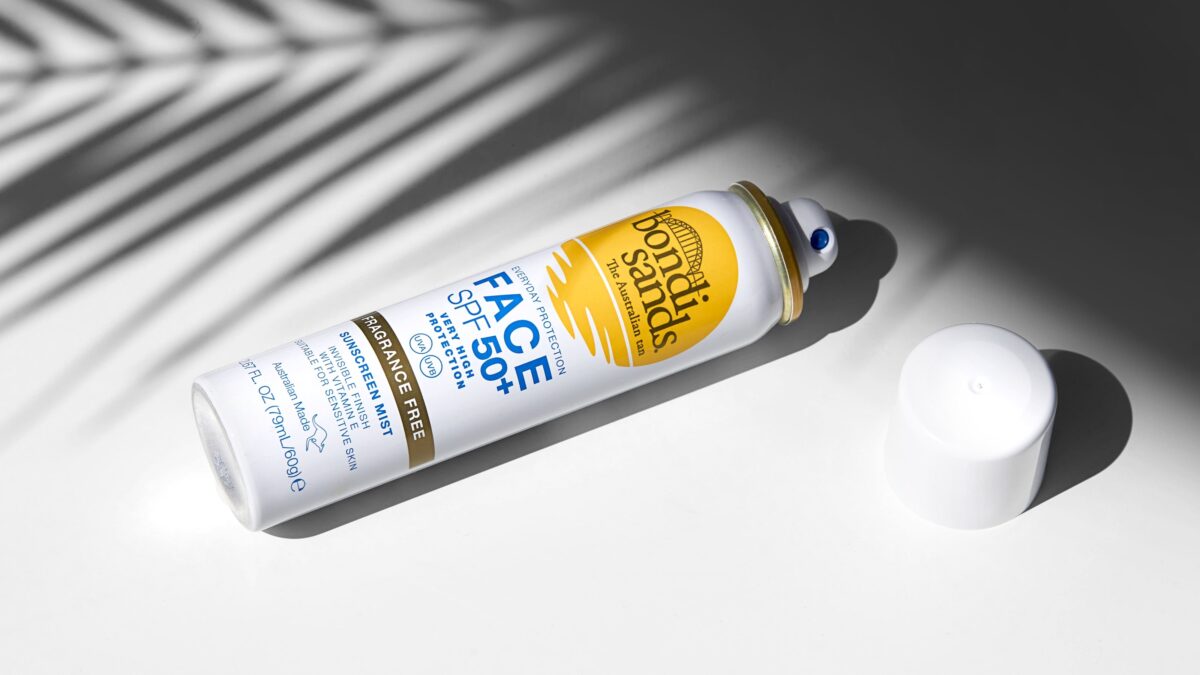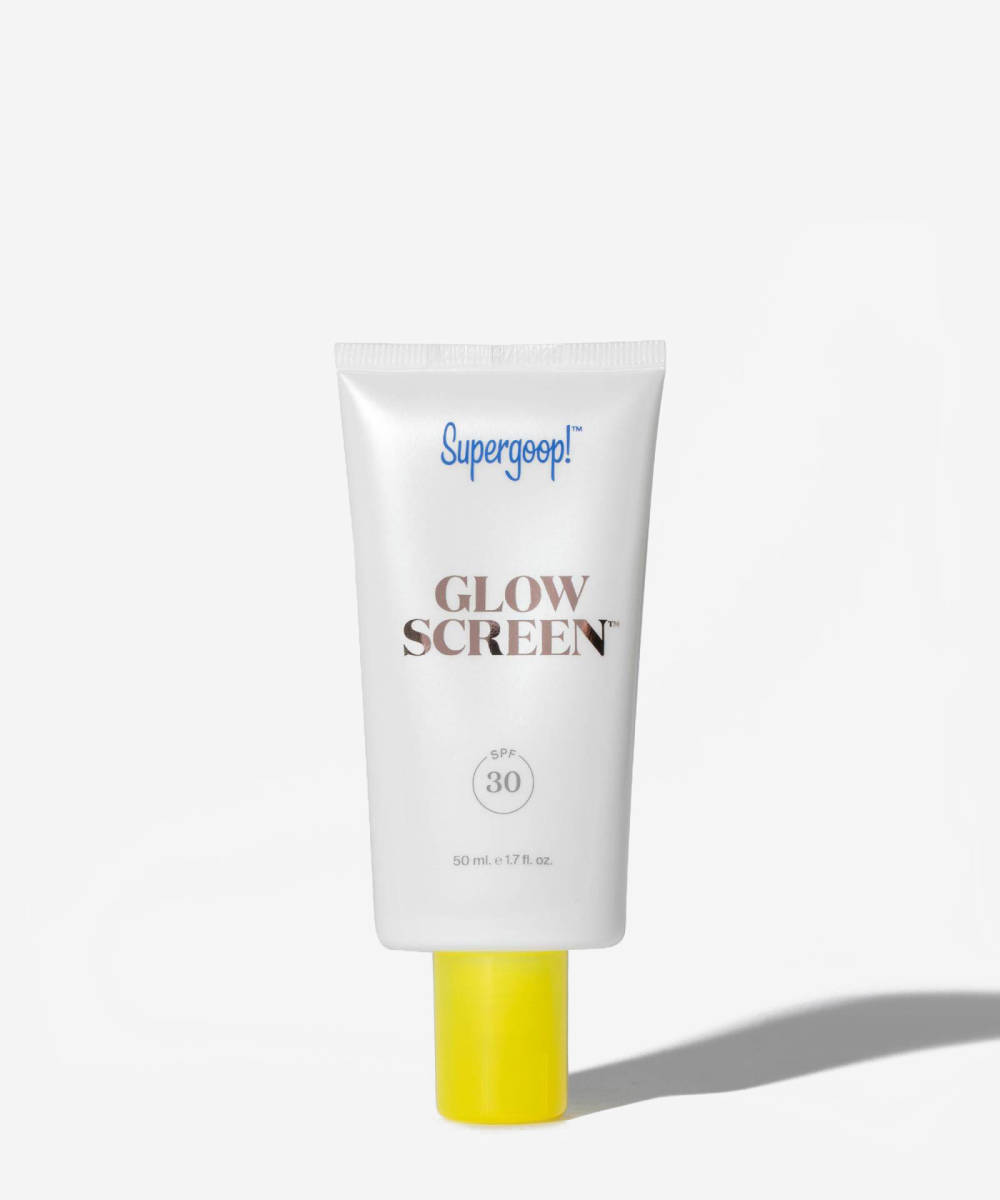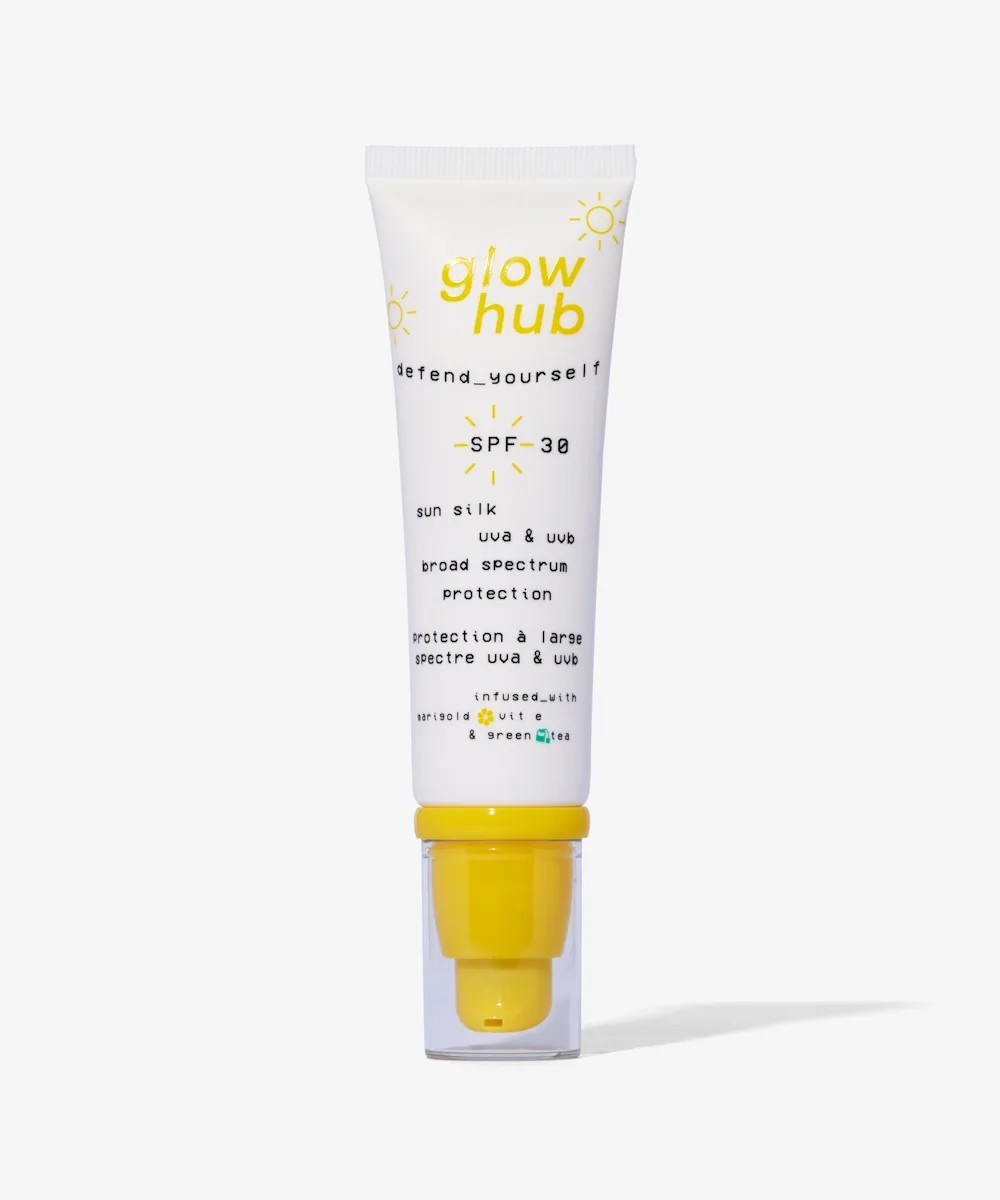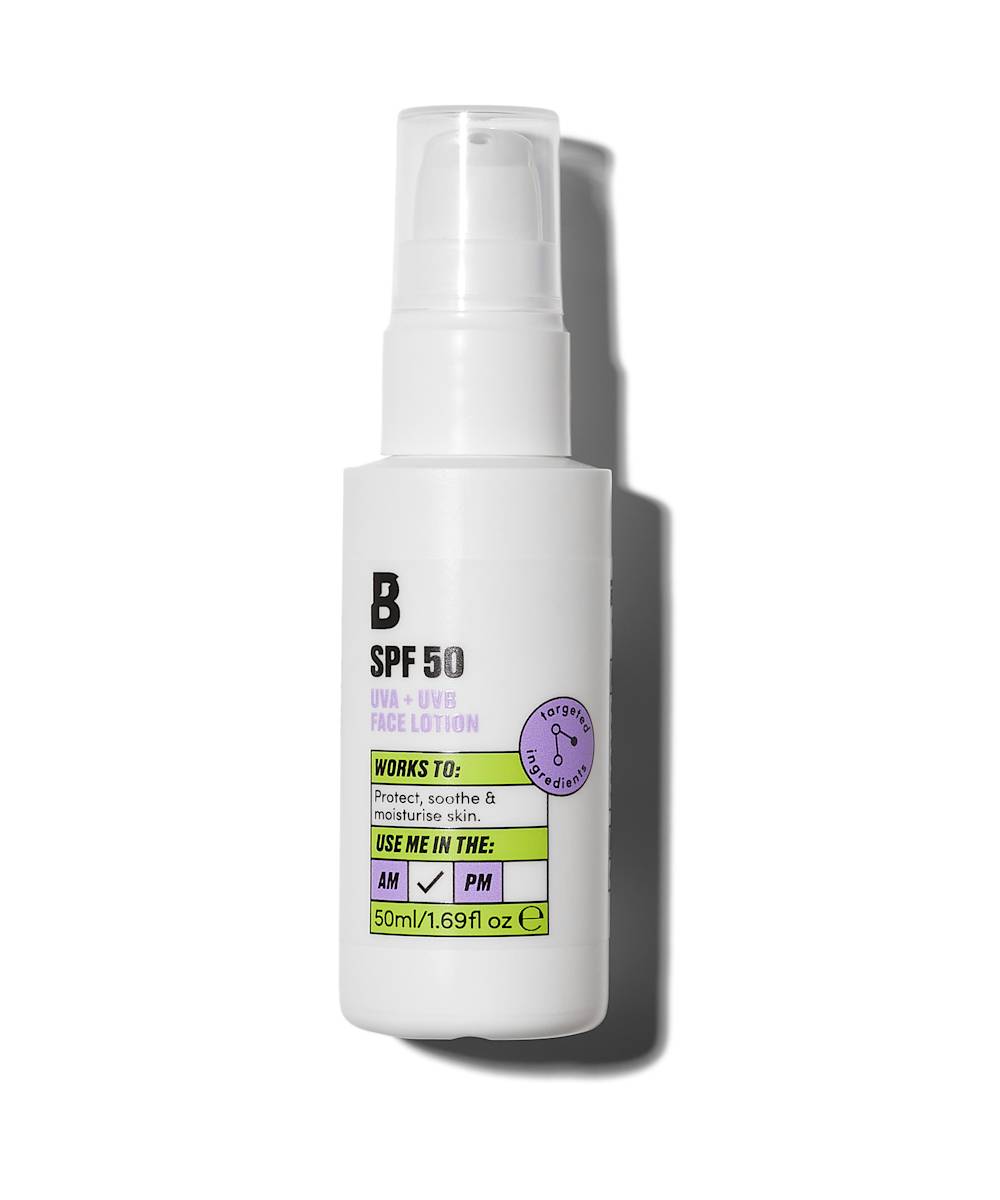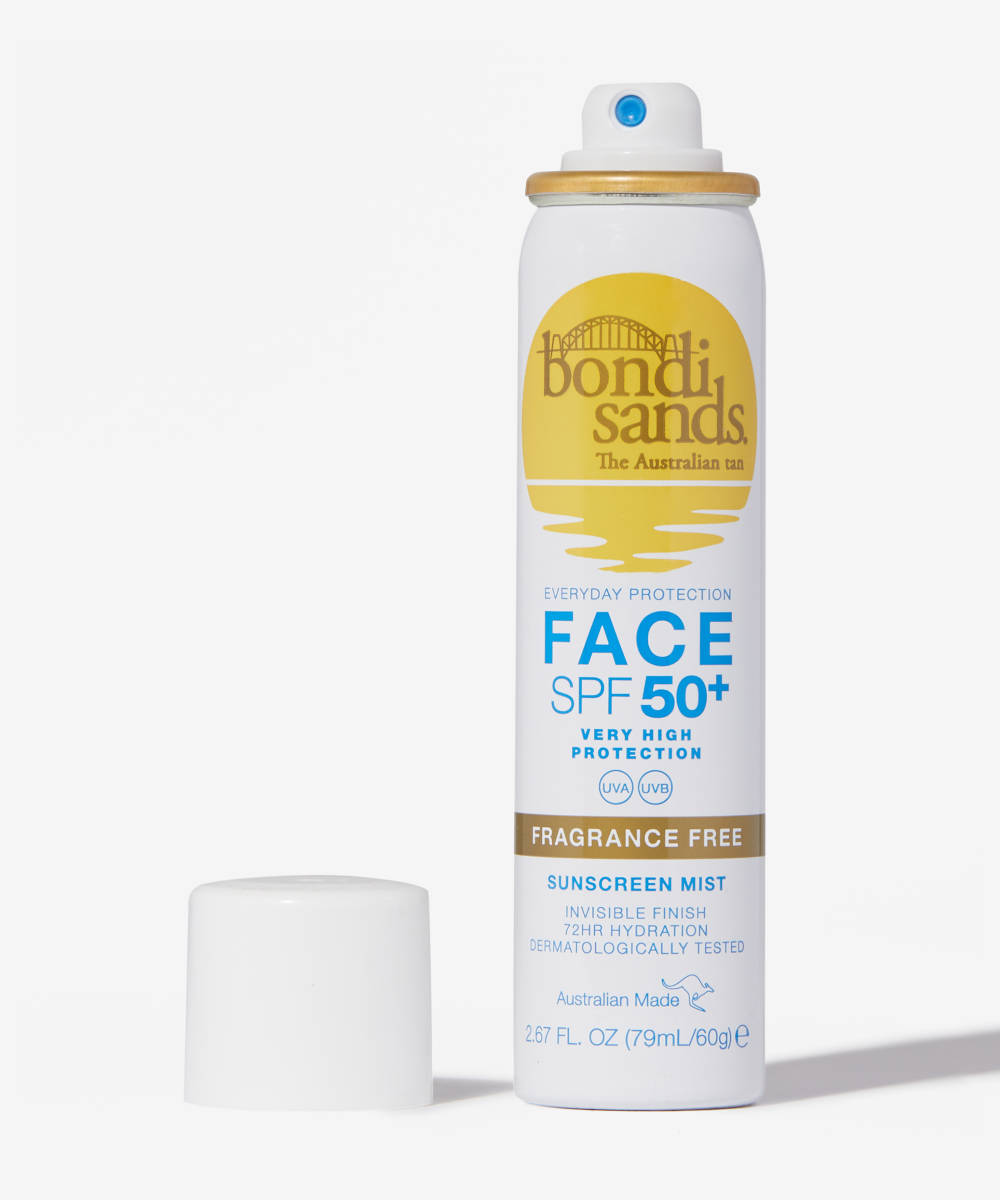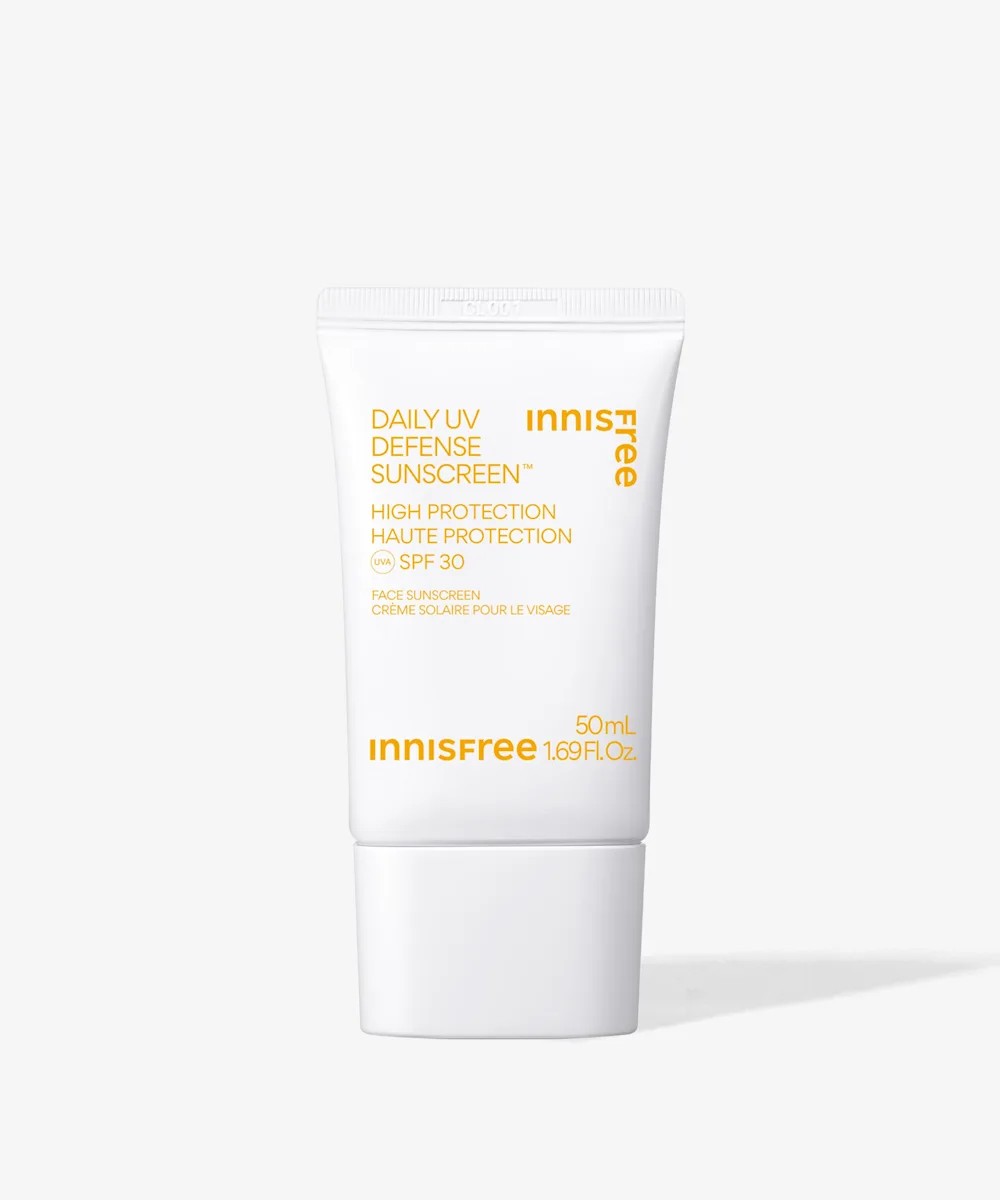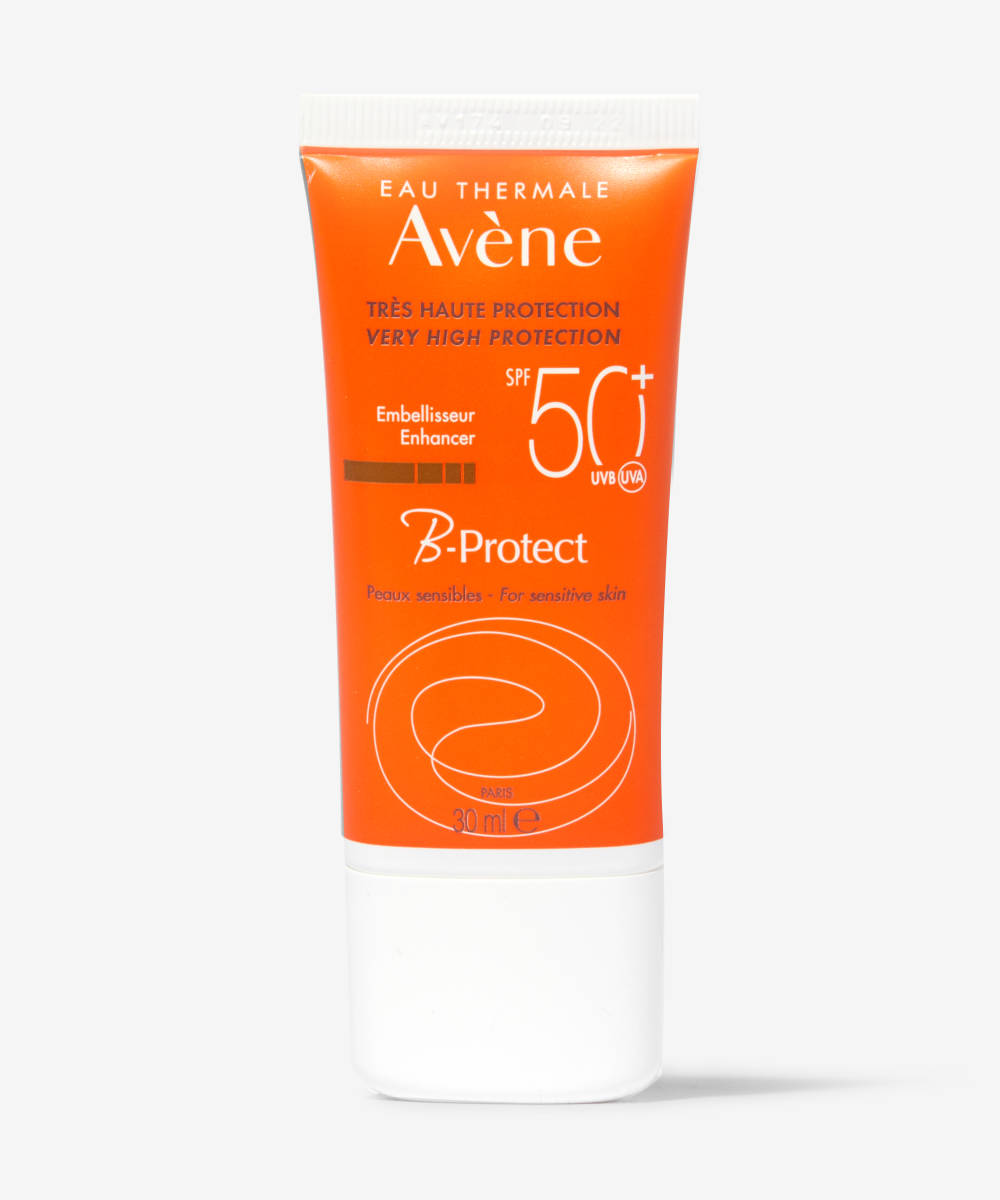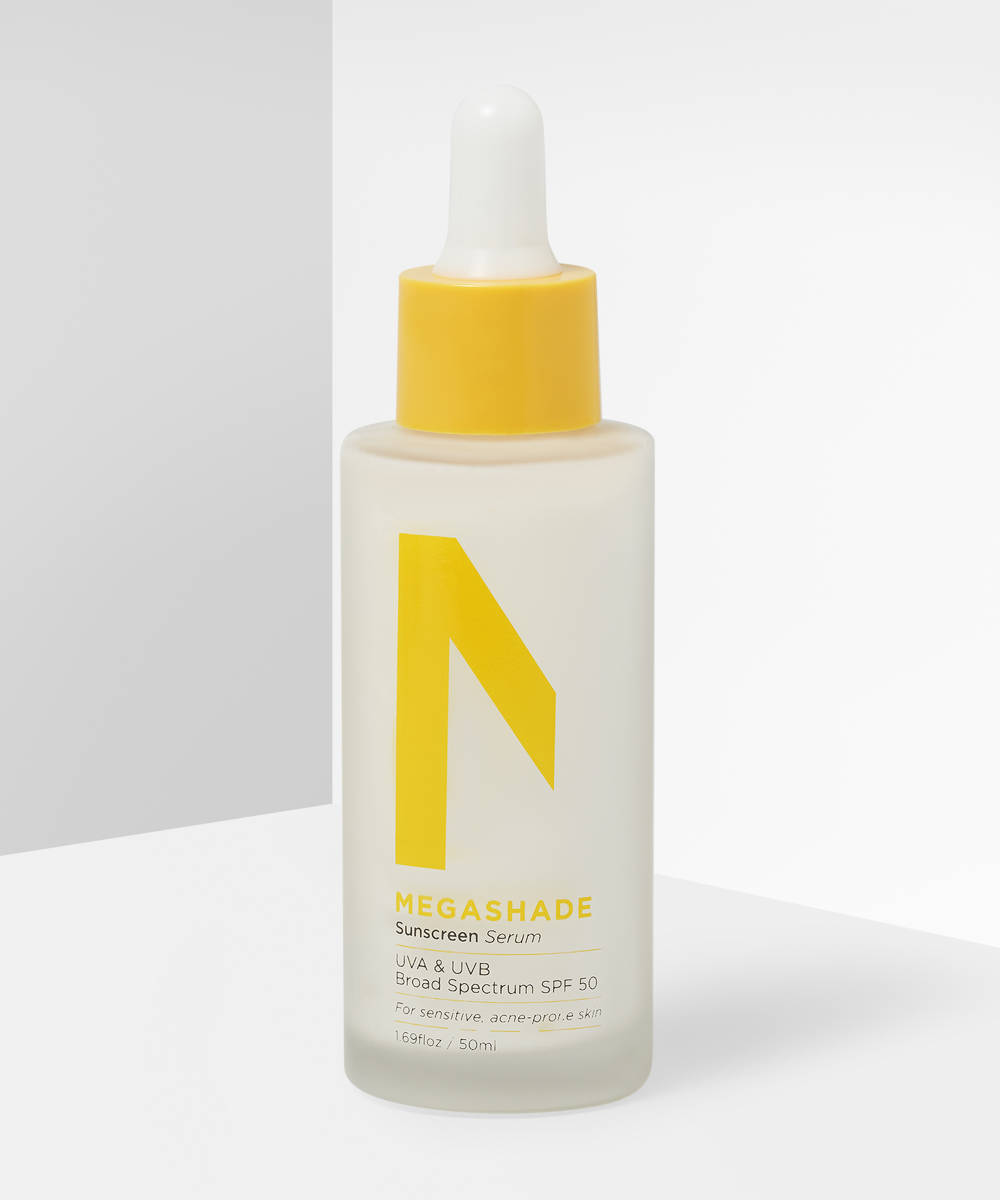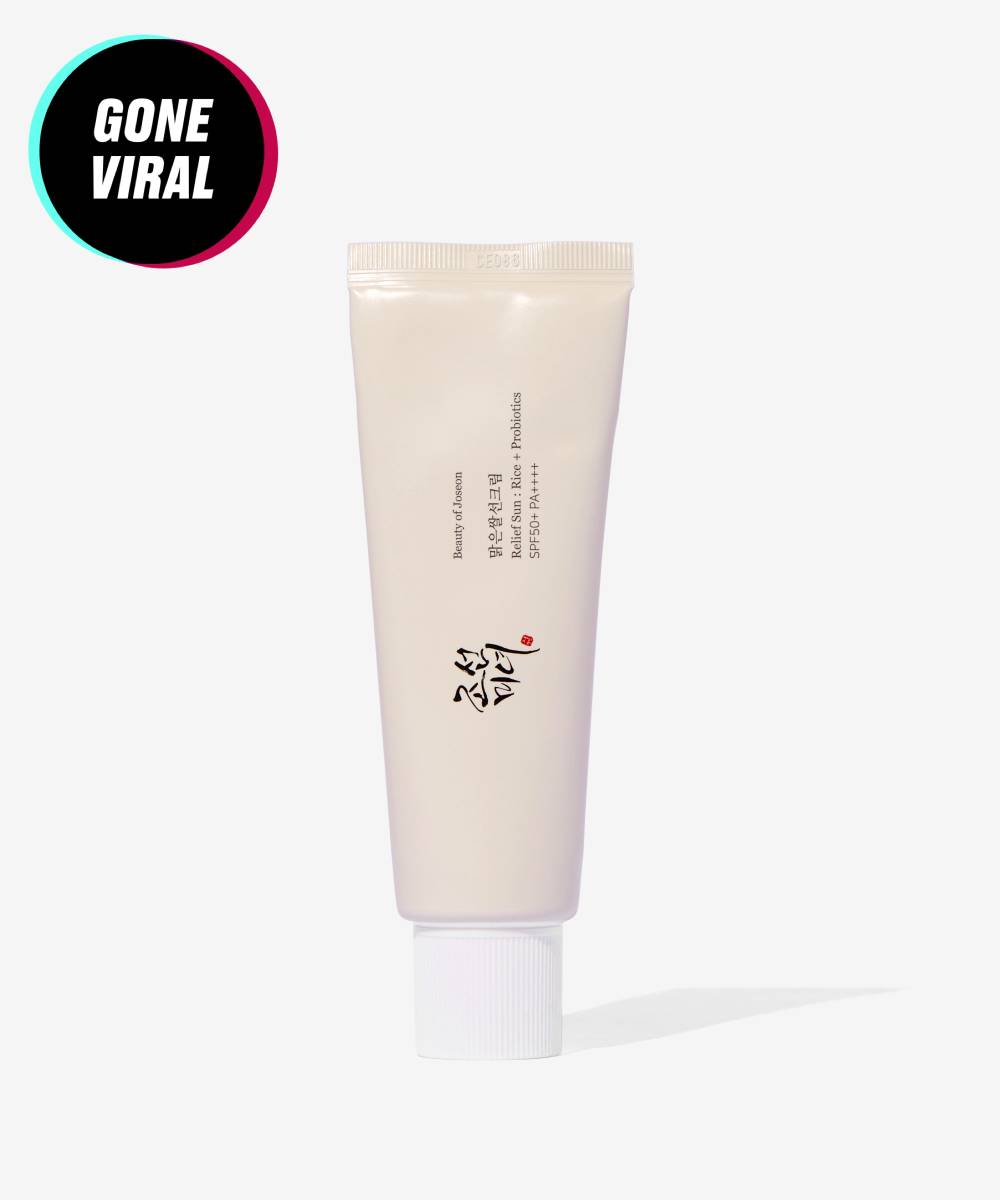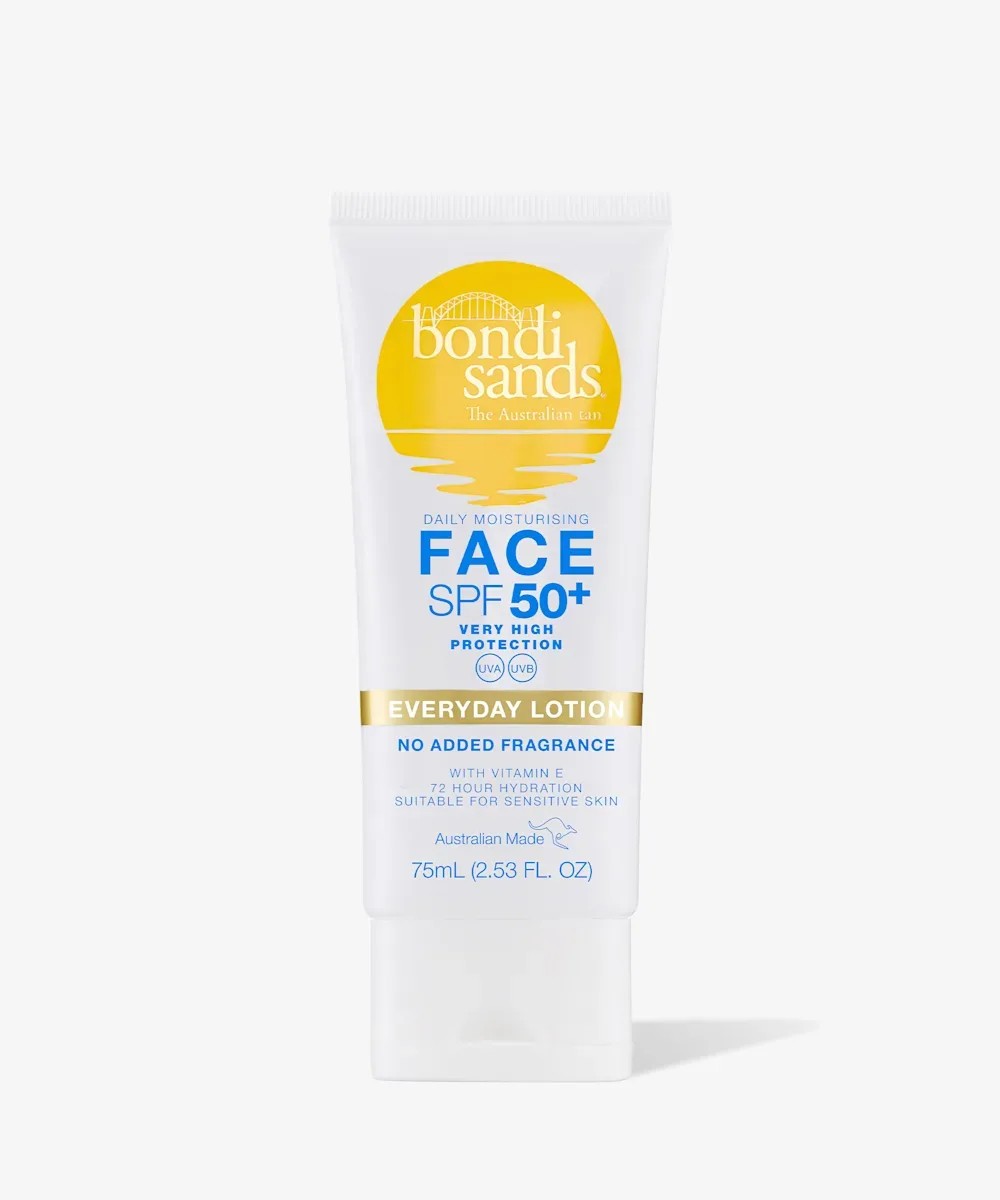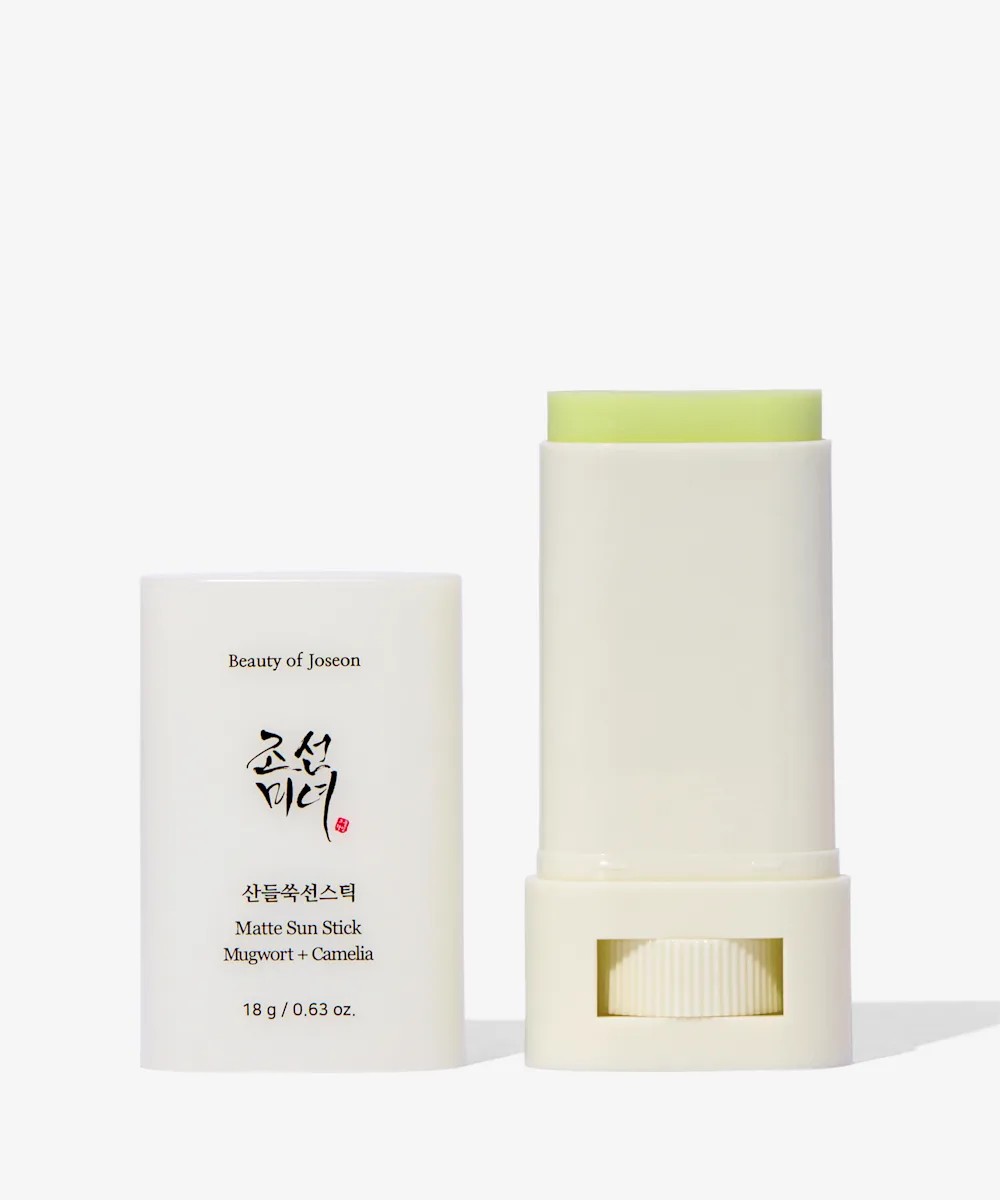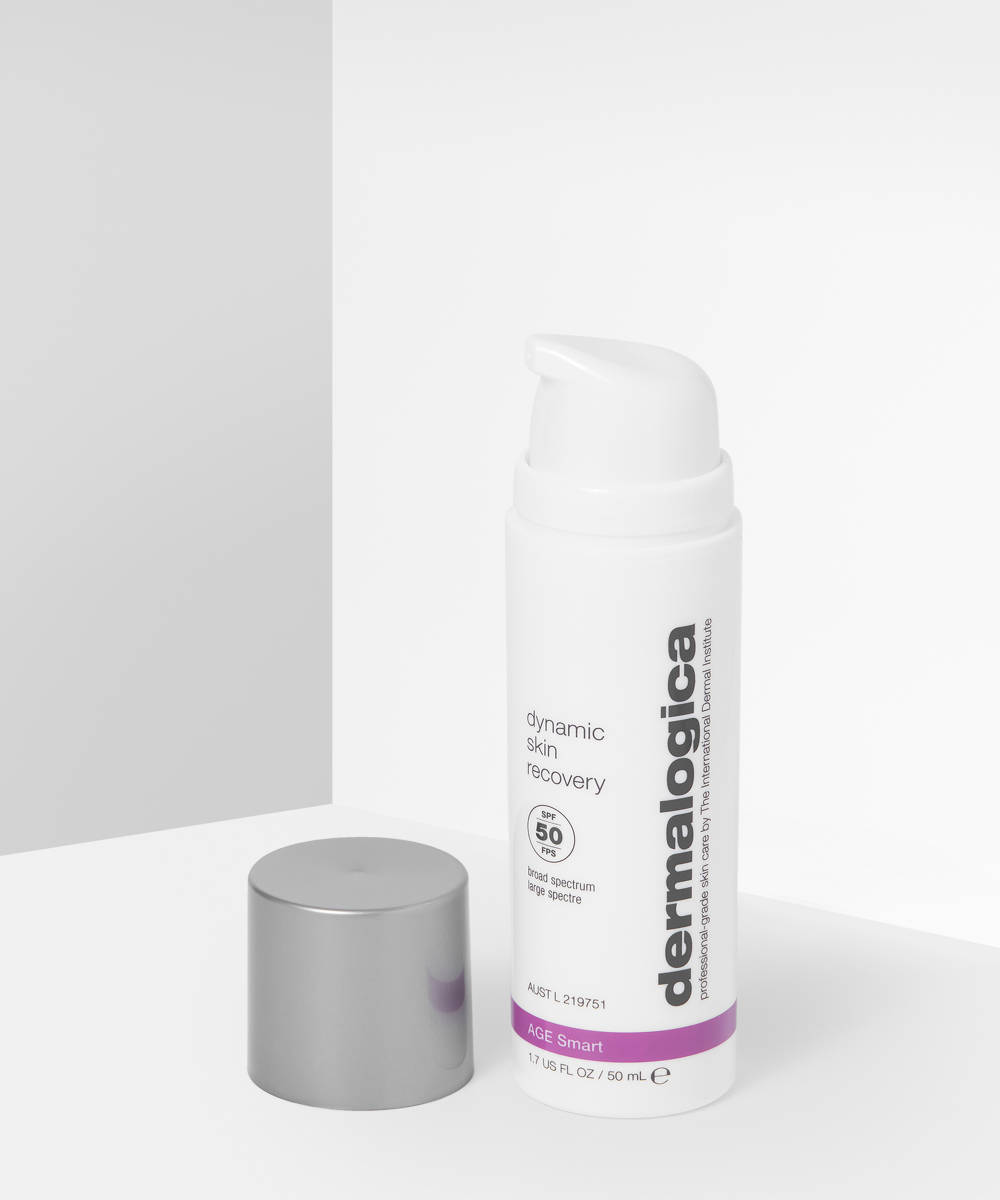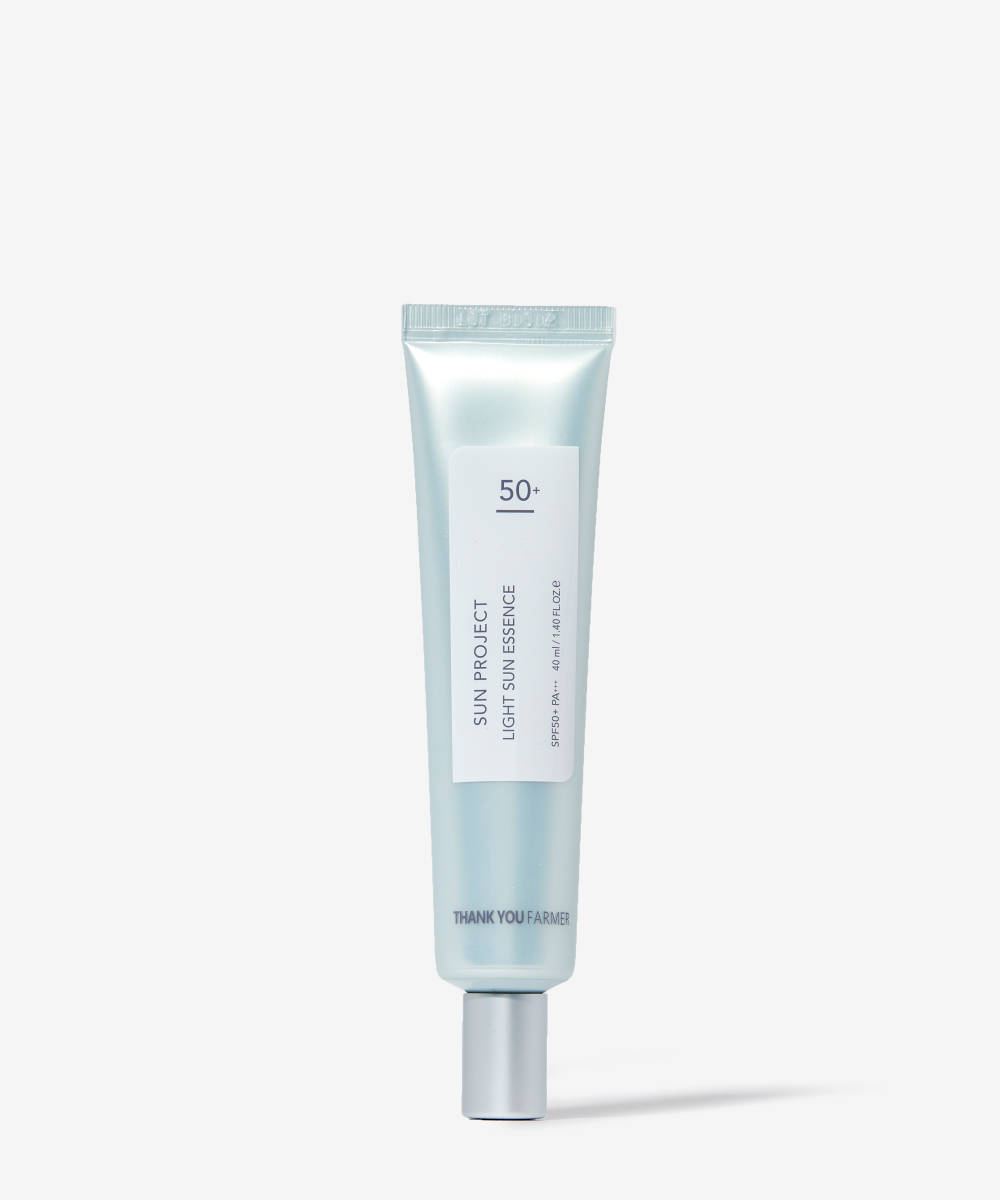If you haven’t already started incorporating SPF (or Sun Protection Factor) into your everyday skincare routine, then you’re about to. It’s a misconception that slathering on the SPF in the height of summer is the only time and place for it. But we should actually be wearing SPF every day. Yep, even when it’s the depths of winter outside you should still be applying your SPF religiously (apart from at night, of course).
As well as there being loads of different SPF skin-friendly formulas available for all types of skin, there’s also loads of benefits of SPF. Scroll on to hear them and find out why you should wear SPF every day.
What Is SPF?
SPF protects your skin against harmful sun rays that can lead to pigmentation, sunburn, premature ageing, and in extreme cases, cancer. In the world of beauty, when we talk about SPF, we’re referring to it being applied to your face, neck, and chest.
There are two types — chemical and mineral (also known as physical). Chemical SPFs contain ingredients that absorb the UV rays from the sun before it causes damage to your skin. Whereas mineral SPFs contain ingredients like zinc oxide that act as a physical shield, preventing UV rays from penetrating the skin in the first place.
3 Face SPFs You Should Try
Is It Good To Wear SPF Every Day?
In a nutshell, yes you should. Whatever the weather, whatever the occasion, SPF should be gracing your face to protect you from harmful UV rays.
Ideally, you should be applying the length of three fingers worth to your face, neck, and chest. It’s recommended to reapply every two hours, so a spray formula is ideal for popping over makeup for maximum protection.
The Benefits of SPF
So, what are the benefits of SPF? From protecting your skin from damaging rays, to strengthening your skin barrier, find out exactly what SPF does for your skin.
1. Protects against UVA & UVB Rays
Broad spectrum SPFs protect against both the sun’s UVA and UVB rays, which can penetrate the skin and damage cells. UVA rays can cause premature ageing, whilst UVB rays can cause sunburn and skin cancer. Although it may sound scary, the reality is that wearing an SPF massively reduces your melanoma risk and the damage to your body it can bring with it.
2. Reduces signs of ageing
Like we’ve mentioned, UVA rays from the sun can damage the skin and make it more prone to the signs of ageing like wrinkles, sagging, and age spots. So, all that hard work you’re doing with the rest of your skincare routine? It’s essentially being undone if you don’t wear an SPF during the day to protect your skin and slow down the signs of ageing.
3. Stronger protection than SPF moisturiser
One of the main benefits of SPF is that they offer more protection than your favourite foundations and moisturisers that have an SPF content. You’ll spot some of them are labelled ‘contains SPF’. But this SPF content is watered down by the rest of the product, so it’s a lot less effective and provides nowhere near as much protection as you need. Plus, the maximum protection they offer is usually about SPF 15, when ideally you should be using SPF 30 or higher to really protect your skin.
4. Safe to use alongside acids
Knowing the importance of SPF and protecting your skin is a must for anyone who’s a regular user of AHAs, BHAs, and retinoids. We can’t stress this enough, as you need an SPF in your skincare routine – no question about it. AHAs and BHAs exfoliate the skin, removing all dead skin cells from the surface to reveal a fresh layer of skin, meaning it’s even more prone to damage from the sun. In the same way, retinoids like retinol and retinal also make the skin more sensitive to sunlight. This means that although you’re looking after your skin with regular exfoliation, it’s wasted and damaging if you don’t wear an SPF during the day.
5. Sheilds against hyperpigmentation
Hyperpigmentation can be caused by acne, melanin build-up, and sun damage – this often shows as purple, red, or darker marks on the skin. Sun damage can cause pigmentation and make it much worse, so if you’re looking to fade or treat your hyperpigmentation, then SPF is even more of a must. Your skin reacts to damage from the sun by producing more melanin, which causes pigmentation, so skipping the SPF is counterproductive. By wearing SPF, it does the protecting for you, so your skin won’t have to kick into overdrive and produce the melanin that causes pigmentation.
6. Strengthens your skin barrier
Did you know one of the effects of not wearing sunscreen is damaging your skin barrier? Sun damage stresses out the skin barrier, and a stressed skin barrier isn’t healthy. A healthy skin barrier function is down to multiple different factors, like hydration, using the right skincare ingredients, and not using too many aggressive formulas. But protecting your skin against UV rays also has a big part to play. With a weakened skin barrier, your skin is much more likely to feel the effects of sun damage, which can lead to pigmentation.
